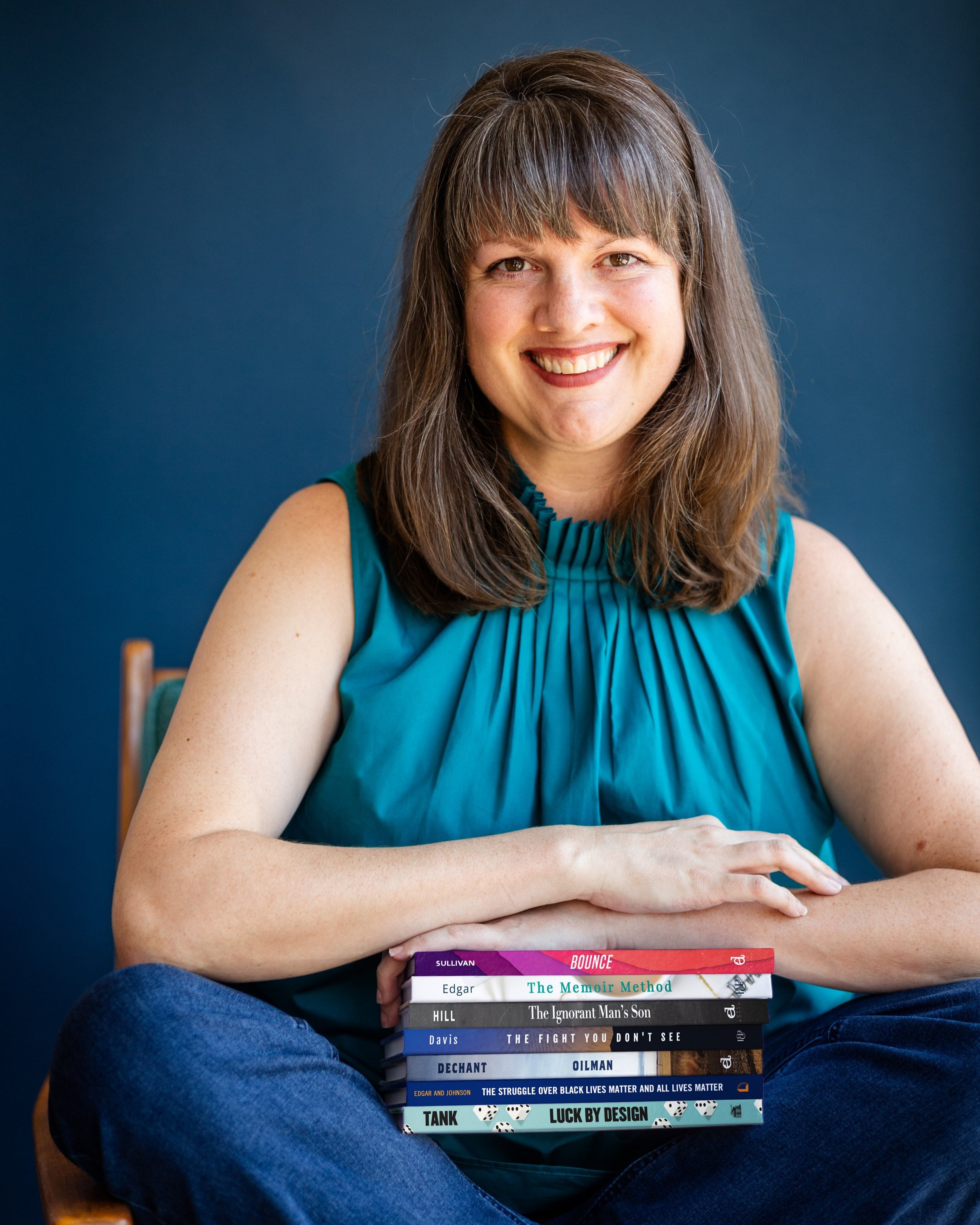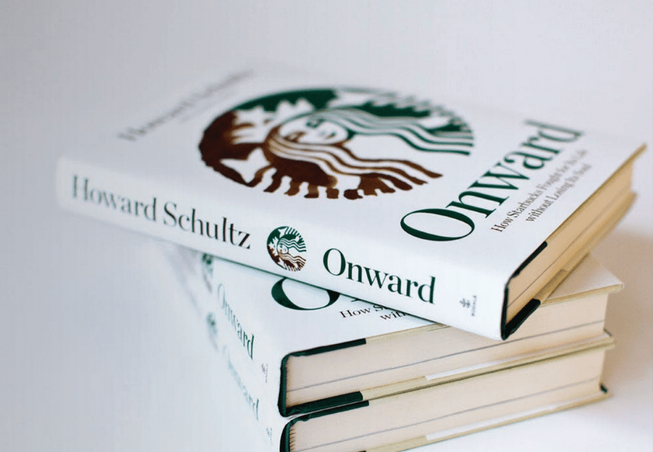Just A Little Burnt Cheese
AMANDA EDGAR | Founder | Page & Podium Press
You might be familiar with one of my business mentors: Howard Schultz.
He’s the former CEO of Starbucks, the guy who came on board when the fledgling company lost its previous CEO. The guy who grew a little coffee chain into a restaurant titan.
Of all the experiences Howard has shared with me, one story stands out as the most impactful. It’s about cheese.
You see, Howard is a coffee purist. He believes in savoring the aroma of the beans, taking in the ambiance and admiring that gorgeous, frothy cup of perfection. With Howard, coffee is all about the senses. He won’t take that first, satisfying sip until he’s indulged in every sensory experience an old-school Italian coffeehouse has to offer.
So, many years ago, when he walked into a Starbucks and smelled the burned American cheese from an overtoasted breakfast sandwich, he went ballistic. He lost total control of his vision for the company, roaring at everyone from board members to secretaries that the breakfast sandwiches had to go.
Who cared whether customers loved them? Who cared how much revenue they brought in? Those sandwiches were canceled, because the smell of burnt cheese didn’t fit Howard’s vision of the Starbucks ambiance.
When Howard finished telling me the story, I grabbed my phone. I opened the Audible app and restarted the chapter.
I needed to hear the story again, because I recognized that impulse in myself — the impulse to hyperfixate on that one imperfect detail at the expense of the bigger picture.
As entrepreneurs, we can get so caught up in the details that we forget our purpose.
Fortunately for the Pumpkin Spice Latte lovers out there, Schultz regained his sense of purpose. He recommitted to his original vision of fostering connection and community by crafting one amazing cup of coffee after another.
American cheese didn’t fit his picture of an Italian coffeehouse. But when he took a step back, he realized that the smell of burnt cheese wasn’t a dealbreaker, either. It was something he could work with (through gritted teeth) to find the next step forward.
It was something he could innovate.
That’s what he did at Starbucks. And it’s what he did as a mentor, too.
Before he published his memoir Onward, he could only share his wisdom with a handful of carefully selected mentees. Once he had published a book that recounted his rocky, harrowing, charming and often funny experiences, he could reach millions.
People didn’t always think of books this way, and I find that many still don’t. When I talk with entrepreneurs about writing their books, many picture either a dry, step-by-step technical manual or a self-indulgent, ego-driven autobiography.
That view of books is like the burnt cheese of an old breakfast sandwich. It misses the bigger picture. When entrepreneurs weave together their stories with hard-won wisdom, they create something so much bigger than themselves. Something that, like Starbucks, could serve millions.
That’s why leaders like Schultz write their books, and it’s why they bring in publishing professionals like me — people who know how to shape raw experiences and hidden wisdom into a book that readers can’t put down.
They don’t do it for their vanity or to stoke their ego. They do it for their former selves — the early entrepreneurs they used to be. They do it because they understand the power of scaling one of the most intimate, selfless actions an entrepreneur can take: mentorship.
Entrepreneurs like Howard Schultz, Phil Knight and Brene Brown have an outsized impact on our culture, and it’s not because they’re famous. It’s because they conquered the monumental challenge of writing their books and getting them into the hands of the people who need them.
That process is hard, and it’s scary. It stirs up all the fears that go along with being vulnerable on a massive scale.
But it’s also pretty incredible. Because when you compare that tinge of self-doubt to the massive number of people your story could serve, you can’t help but see the big picture. You immediately recognize that the mistakes we make along our paths to success are no more significant than a little burnt cheese.
Schultz knew the challenge of publishing a book was nothing compared to the number of people he could help. So he took the leap.
Is it time for you to do the same?






